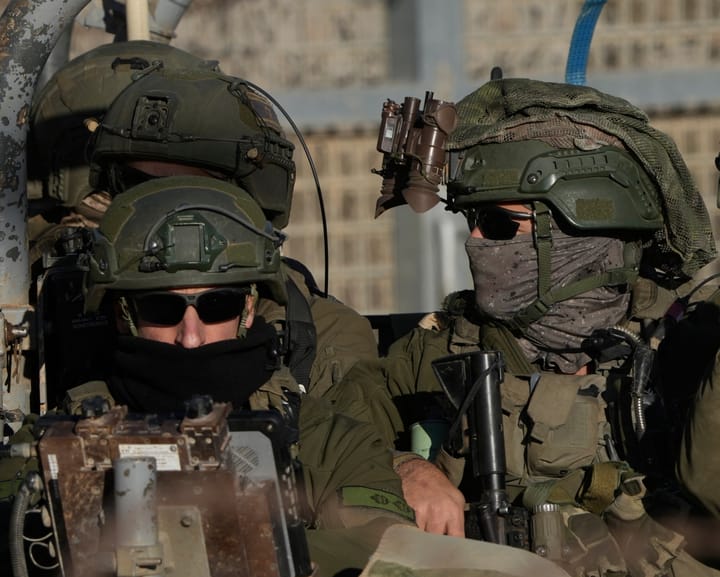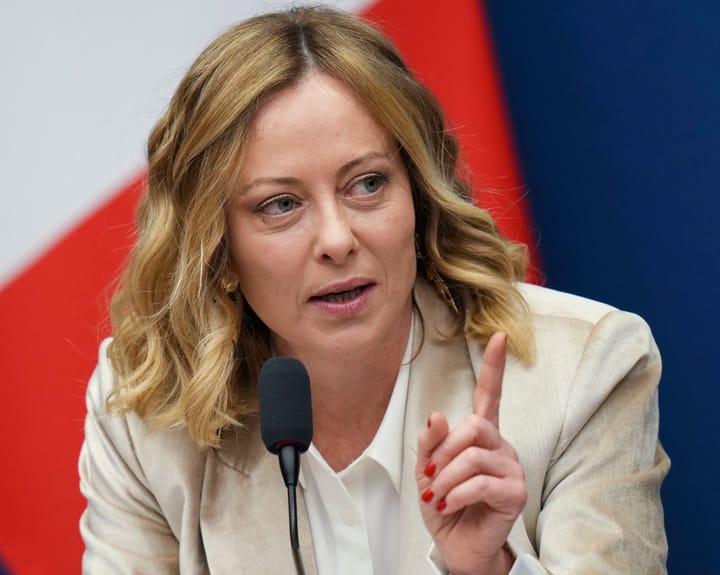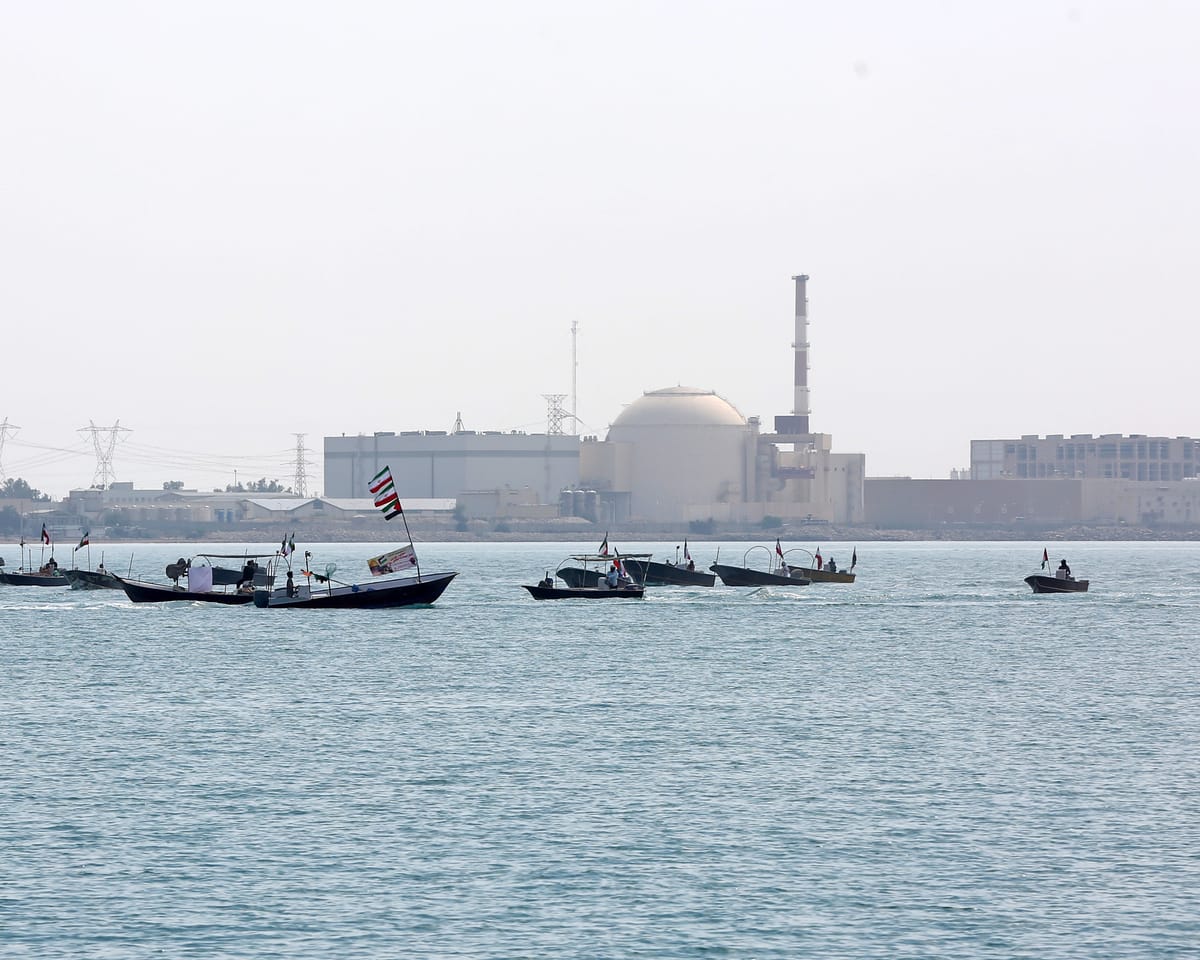The UK, France, and Germany have formally informed the UN that they are reinstating broad sanctions against Iran, giving the country 30 days to allow greater access to its nuclear facilities or face increased economic consequences globally.
Officials stated that the decision was not made lightly and followed extensive diplomatic efforts to avoid this step. They emphasized there is still a brief window for final negotiations before the sanctions take full effect next month. The upcoming UN General Assembly meeting in September is expected to involve intensive discussions on Iran.
The officials noted that Iran has failed to meet its obligations under the 2015 nuclear agreement since 2019, despite multiple opportunities to comply. Tehran has either been unwilling or politically unable to fulfill the required conditions.
The International Atomic Energy Agency (IAEA) withdrew from Iran after Israeli strikes on key nuclear sites and has not yet been able to negotiate a return to assess their current state. However, Iran has permitted IAEA inspectors to visit the Bushehr facility ahead of a planned refueling operation.
Earlier this week, the UK’s Foreign Secretary, David Lammy, informed Iranian Foreign Minister Abbas Araghchi of the European decision during a call. A strong response from Tehran is anticipated.
Araghchi stated that Iran would "take suitable measures against this unlawful and unreasonable action by the three European nations to defend its national interests."
Once reinstated, the sanctions will expand existing US and European restrictions into UN-mandated measures, compelling Russia and China to enforce them. Certain dormant sanctions on Iran’s arms industry will also be revived. Additionally, the US will gain veto power over any future removal of UN sanctions—authority it currently lacks.
The three European states acted ahead of the nuclear deal’s expiration on 15 October, when their right to reimpose sanctions would have lapsed.
UK officials explained that under the 2015 deal, Iran was permitted to possess only 300kg of low-enriched uranium. However, its current stockpile far exceeds this limit, with much of the material surpassing permitted enrichment levels. Iran is also suspected of holding an additional 400kg of highly enriched uranium without proper documentation.
"We have made every effort to reach a resolution, but Iran’s response has been insufficient, including during eight rounds of talks this year,” they said.
"The most fundamental condition—allowing UN inspectors access to nuclear sites—has not been fulfilled. Simply put, time has run out. We cannot allow the issue of Iran’s nuclear program to be ignored or sanctions to remain inactive indefinitely."
Read next

Israeli troops storm ex-air-defense site near Damascus
Israeli military forces conducted an operation at a former air-defense base in southern Syria on Wednesday amid a series of airstrikes in the area—marking their deepest incursion into Syrian territory since Bashar al-Assad was removed from power last December.
The airbase, situated near al-Kiswah, approximately 10 kilometers south of

"Fury in Italy as women's photos altered into porn on website"
A website publishing manipulated images of prominent Italian women, including Prime Minister Giorgia Meloni and opposition leader Elly Schlein, has caused widespread condemnation in Italy.
The photos, paired with offensive and derogatory captions, were taken from social media profiles or public sources before being altered and shared on an Italian

"Opera recounts German journalist's two-year undercover journey as migrant worker"
The production revisits pivotal moments from Wallraff’s exposé, including scenes where Ali is denied medical care despite severe workplace injuries and when he is met with outright hostility from neighbors who refuse to rent apartments to foreign workers. The opera underscores how little has changed in some respects, with

